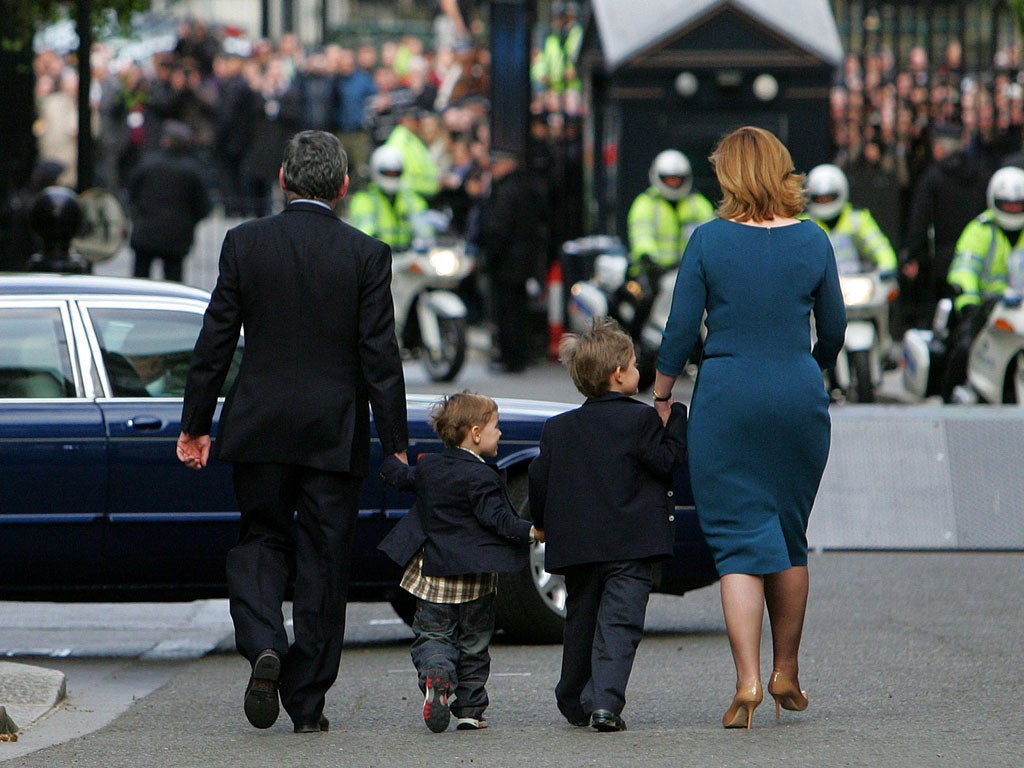Politics: New Labour might be gone, but it hasn't been forgotten
Christmas books of the year

Last year was a big year in politics: the end of 13 years of Labour government and the first properly hung parliament since the 1930s.
But many of the best political books this year still look back to the Labour years.
The complete editions of the Alastair Campbell Diaries, volume two, "Power and the People 1997-99" (Arrow, £9.99) and volume three, "Power and Responsibility 1999-2001" (Hutchinson, £25), continued to amaze with their day-by-day recording of the awfulness of Tony Blair and Gordon Brown's bipolar relationship.
Before he died in October, Philip Gould published a new edition of his 1998 classic, The Unfinished Revolution (Abacus, £16.99). Gould was the fifth Beatle of New Labour, who convened the focus groups that kept the basic idea ("the centre ground is a lot further to the right than most Labourites think" – I paraphrase) anchored to the voters. The original edition of his book was the New Labour theory; this updated version is about New Labour in practice.
Alistair Darling's memoir Back from the Brink: 1,000 Days at Number 11 (Atlantic, £19.99) is written with nicely understated wit, giving the most authoritative view from the centre of Brown's government. Frustratingly, because Brown's was even more dysfunctional than Blair's, Darling quickly found himself outside the real decision-making circle. Because both Brown and Ed Balls are yet to write a memoir, we have to rely on outsiders to piece together what went on in the last three years of Labour government. Anthony Seldon and Guy Lodge's book, Brown at 10, was published last year, but this year's revised paperback edition (Biteback, £14.99) is the one to buy. It has some important new revelations: as the Blairites always suspected, Brown encouraged "loans for peerages" allegations as a way of undermining Blair.
For an oblique take on the Brown years that will have you laughing out loud on the bus, Tom Harris's Why I'm Right ... And Everyone Else is Wrong (Biteback, £9.99) is a gem. Harris is a no-nonsense Blairite MP who was initially kept on by Brown as a transport minister but sacked for thought-crime in October 2008. He was the first minister to publish a blog and this book is a collection of posts with an added commentary which includes the story of Peter Mandelson's offer to bring him back into government – to stop him calling for Brown to go. They read as freshly as on the day they were written, with the ageless wisdom of revisionist social democracy and a side-commentary on Doctor Who.
Talking of time travel, let us turn to books about the political future. Mehdi Hasan and James Macintyre produced an accomplished biography, Ed: The Milibands and the Making of a Labour Leader (Biteback, £16.99). It is well written, well researched and highly readable, let down only by the dullness of its subject. In particular, the breathless account of how Ed led the students in a walk-out from formal dinner in his Oxford college succeeds neither as heroics or farce.
More useful, one suspects, is The Purple Book, edited by Robert Philpot of Progress, a centrist Labour faction (Biteback, £9.99). Such collections of essays tend to be dreary and quickly out of date, but this one lifts itself above the morass. Its contributors are at least obsessed by the right question: How can the Labour Party persuade voters it is pragmatic about market forces when the capitalists seem responsible for so much bad stuff?
The best guide to the future, however, is of course Tony Blair's memoir, A Journey (Arrow, £9.99). It was first published in 2010, but the paperback edition came out this summer with a long new introduction, which tells us all we need to know: "In 2008, it was commonly believed that the left would gain from a mess thought not just to be 'of the market' but begotten by unrestricted market practices. The state was said to be back in fashion. If it was, the fashion quickly passed. European elections and the US midterms saw, if anything, a move rightwards."
In other words: "I told you so."
John Rentoul is chief political commentator for The Independent on Sunday and the biographer of Tony Blair
Join our commenting forum
Join thought-provoking conversations, follow other Independent readers and see their replies
Comments
Bookmark popover
Removed from bookmarks